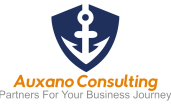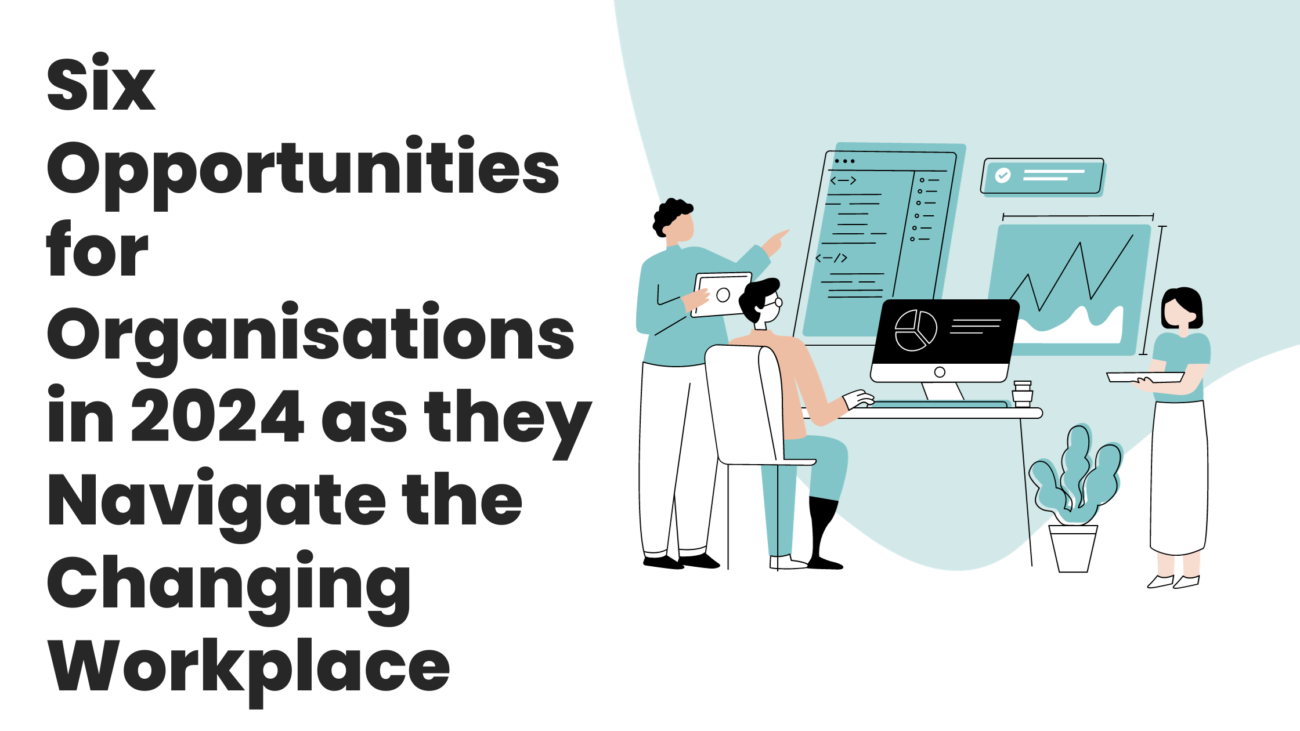As 2024 approaches, the workplace is still undergoing a tremendous amount of change due to a combination of factors including evolving social norms, pandemic aftereffects, and technology breakthroughs. Businesses that can adjust to these changes and adopt fresh strategies will be in a strong position to succeed. Drawing from the comprehensive insights of the 2024 Global Culture Report by O.C. Tanner Institute, we have identified six key opportunities that organizations should focus on in 2024:
1. Developing an Agile Resilience Culture
The modern definition of resilience is the ability to thrive in the face of ongoing change rather than merely enduring hardships. HR leaders can help their organizations develop a culture of nimble resilience by:
- Embracing adaptability and innovation
- Centering resilience on people, recognizing their unique strengths and perspectives
- Fostering cross-disciplinary collaboration to break down silos and generate new ideas
2. Implementing Equitable Flexibility for All Employees
Employees today demand greater flexibility in their work arrangements, and organizations that fail to provide it risk losing top talent. However, implementing flexibility equitably and without compromising productivity can be challenging. Here are some strategies to consider:
- Tailoring flexibility to specific roles and responsibilities
- Establishing clear guidelines and expectations for remote and hybrid work arrangements
- Investing in technology and tools that support remote work and collaboration
3. Embracing Practical, Empathetic Leadership
Empathy is a crucial leadership quality, but it’s often misunderstood and applied without clear boundaries. To avoid empathy fatigue and foster a supportive work environment, leaders should:
- Develop a deeper understanding of their team members’ needs, challenges, and potential
- Act in response to these insights, providing support and guidance when needed
- Create a culture where employees feel comfortable sharing their concerns and seeking help
4. Meeting the Requirements of “80% Experience”
The term “80%” describes the great majority of workers who perform operational or behind-the-scenes work and frequently feel underappreciated and ignored. To address this issue, organizations should:
- Recognize and appreciate the contributions of the “80%”
- Provide opportunities for growth, development, and advancement within their roles
- Foster a sense of connection and belonging among all employees
5. Enhancing Skill-Building Programs
Upskilling and reskilling are essential for organizations to stay competitive and retain top talent. Effective upskilling programs should:
- Align with both employee aspirations and organizational needs
- Provide clear pathways for career advancement and skill development
- Utilize diverse learning modalities to cater to different learning styles
6. Mastering Change Management
Effective change management is crucial for minimizing disruption and ensuring employee buy-in. Organizations can achieve excellence in change management by –
- Involving employees at every stage of the process and providing them with a decision-making voice.
- Put employee well-being first and offer assistance during times of transition;
- Empower leaders at all levels to communicate and carry out change initiatives in an effective manner;
Conclusion: Embracing the Future with Purpose
In the face of the inevitable waves of change and uncertainty, the organizations that stand out in 2024 will be those that proactively address challenges and seize new opportunities. The key lies in a strategic focus on employee needs, the cultivation of a supportive culture, and substantial investments in skill development.
As the report emphasizes, overcoming obstacles and turning them into chances for development are crucial steps on the road to success. Companies that realize the importance of flexibility, fairness, and compassion will prosper in the upcoming year.
Are you ready to position your organization for success in 2024? Start by assessing how well you address the six key shifts we’ve identified. Engage with your team, gather insights, and implement targeted changes. let’s commit to building workplaces that not only weather storms but harness their energy for innovation and progress.
(Written by Vineeta, Image sources: FreePik)
Feel free to connect with Linnet Dave, Auxano’s Director and Executive coach on linnet@auxano-consulting.com or connect with her at +919820668179 for any queries on the subject and if you need to get a customized learning Intervention done for your organization.



